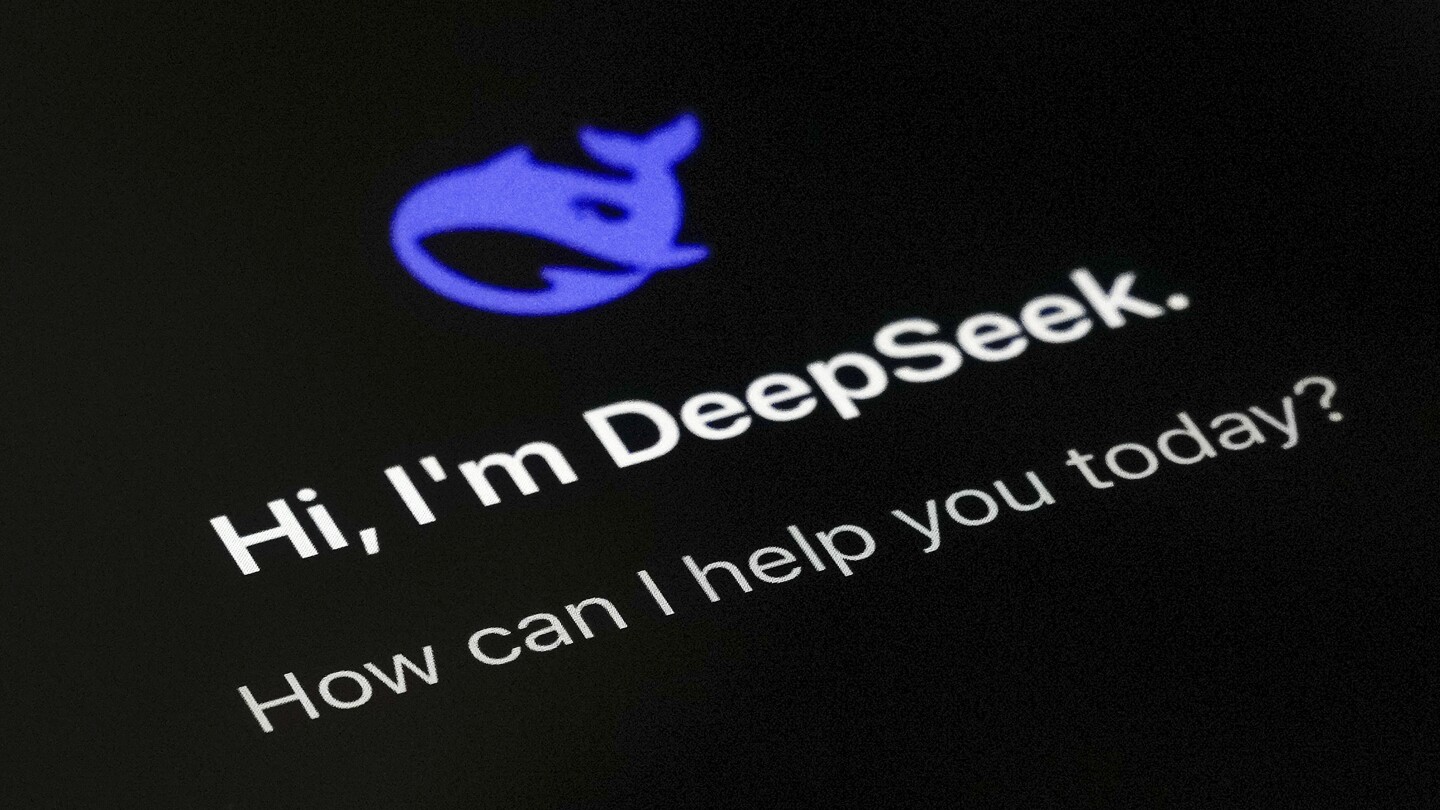DeepSeek’s AI App Suspension in South Korea: An Overview of Privacy Concerns
The recent suspension of DeepSeek’s AI applications in South Korea has ignited a firestorm of discussions surrounding data privacy and user trust in technology. This decision, made by the South Korean government, highlights growing concerns about how personal information is collected, stored, and utilized by AI technologies. As stakeholders assess the ramifications of this suspension, it’s crucial to delve into the implications for both consumers and the future of artificial intelligence in the market.
Understanding DeepSeek’s AI Applications
DeepSeek, a prominent player in the AI sector, has developed applications that leverage machine learning to enhance user experiences across various domains, from personalized recommendations to advanced data analytics. Their technology has been widely adopted, making significant inroads into industries such as retail, finance, and healthcare. With the ability to analyze vast amounts of data, DeepSeek’s applications promise efficiency and innovation.
However, the very capabilities that make DeepSeek’s applications appealing are also the ones that raise red flags in terms of privacy. As these technologies gather and process extensive user data, concerns arise about how that data is managed and safeguarded.
The Privacy Concerns Behind the Suspension
The suspension of DeepSeek’s AI applications was primarily instigated by rising apprehensions about data privacy. Here are some of the key issues at play:
- Data Collection Practices: Many users remain unaware of the extent of data being collected by AI applications. DeepSeek’s tools, like many others, often gather personal information, usage patterns, and even sensitive data.
- Data Security: Once collected, there are concerns about how securely the data is stored and whether it is susceptible to breaches or misuse.
- User Consent: The ambiguity surrounding user consent is another significant issue. Are users adequately informed about what they are agreeing to when they use these applications?
- Regulatory Compliance: South Korea has stringent data privacy laws, and the government’s suspension indicates a crackdown on companies that may not be fully compliant with local regulations.
The Role of Government Regulation
In response to the growing concerns over data privacy, the South Korean government has taken a proactive stance. The suspension of DeepSeek’s AI applications is a part of a broader strategy to ensure that companies adhere to strict data protection laws. This regulatory approach is not unique to South Korea; many countries are following suit, reflecting a global trend towards enhanced data privacy measures.
By enforcing these regulations, the government aims to protect consumers from potential exploitation and ensure that technology companies prioritize user privacy. This move has been met with mixed reactions. While some applaud the government for its diligence, others argue that excessive regulation may stifle innovation within the tech sector.
The Implications for Consumers
The suspension of DeepSeek’s AI applications raises several important implications for consumers:
- Increased Awareness: This incident serves as a wake-up call for many consumers regarding their digital privacy. Users are becoming more aware of the importance of understanding how their data is utilized.
- Demand for Transparency: There is a growing demand for companies to be transparent about their data practices. Consumers are now inclined to seek out applications that prioritize their privacy.
- Trust in Technology: The incident could lead to a decline in trust among consumers towards AI technologies. Companies will need to work harder to regain this trust by demonstrating their commitment to data security and ethical AI.
The Future of AI in Consumer Markets
As debates surrounding privacy intensify, the future of AI in consumer markets may shift significantly. Here are some potential outcomes:
- Enhanced Privacy Features: Companies may invest in developing AI applications that incorporate robust privacy protections. This could include features that allow users to control their data more effectively.
- Innovation in Compliance Technology: The demand for compliance with data protection laws will likely spur innovation in technologies that help companies manage and protect user data.
- Consumer-Centric AI: AI applications may evolve to be more consumer-centric, focusing on delivering value while respecting user privacy. This could lead to a new era of ethical AI development.
DeepSeek’s AI app suspension in South Korea serves as a crucial reminder of the delicate balance between technological innovation and data privacy. As stakeholders grapple with these issues, it is clear that the future of AI in consumer markets will be shaped by an increased focus on privacy, transparency, and user trust.
Moving forward, both companies and consumers must engage in open dialogues about data practices and the ethical implications of AI. By fostering a culture of transparency and accountability, the technology sector can navigate these complexities and emerge stronger, ultimately benefiting users and developers alike. As we continue to embrace the potential of AI, it is imperative that we do so with an unwavering commitment to safeguarding personal data and respecting user privacy.
See more Future Tech Daily

